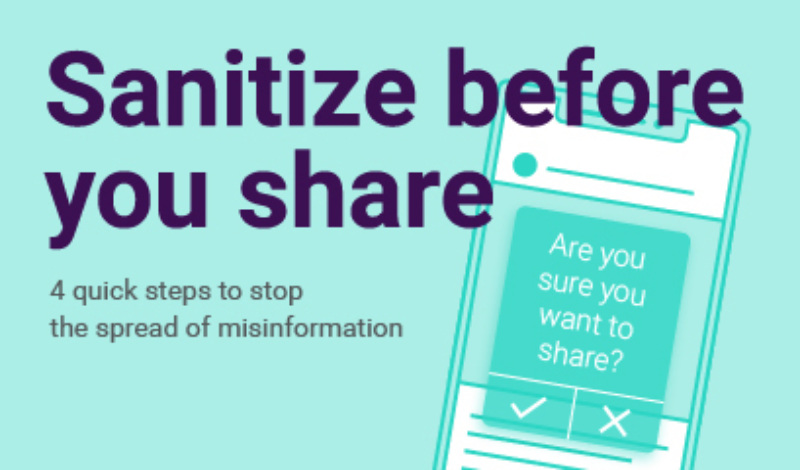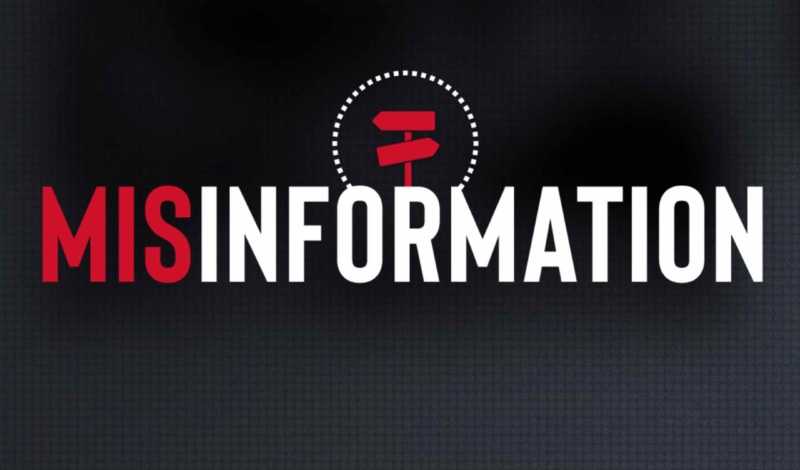
Fighting falsehoods on social media
Quiz: How much do you know about social media platforms’ misinformation policies?
Each of us needs to play a role in combating misinformation about the ongoing COVID-19 pandemic. When the outbreak hit the U.S. in spring, NLP created resources to provide the public, educators and students with accurate information about the illness.
We also created a quiz to test whether you can sort fact from fiction related to COVID-19 information. The World Health Organization called this deluge of information and misinformation about the pandemic an “infodemic’ for good reason.
The quiz embedded below will test your ability to accurately categorize information using a compilation of examples pulled from several sources. You will see news clips, social media posts, images, video, and charts and graphics. Then you must determine whether the content is opinion or news, is supported by valid evidence or whether the source cited is reliable.
If you have been paying attention to news about the pandemic these many months, you might find that some of the examples are easy. Yet others just might trip you up. Remember, this virus poses an ongoing and serious public health challenge. Since it appears COVID-19 will be with us for a while, it’s important to keep your skills sharp when it comes to determining what to trust, share or act on.
Your health and the health of your friends and family might just depend on it.
Quiz: How much do you know about social media platforms’ misinformation policies?


Misinformation swirling around the COVID-19 pandemic underscores the importance of consuming and sharing online content with care.


The best way for you to help reduce misinformation online is to avoid sharing it.


The best way for you to help reduce misinformation online is to avoid sharing it.


The poster provided in this resource introduces students to five types of misinformation.



